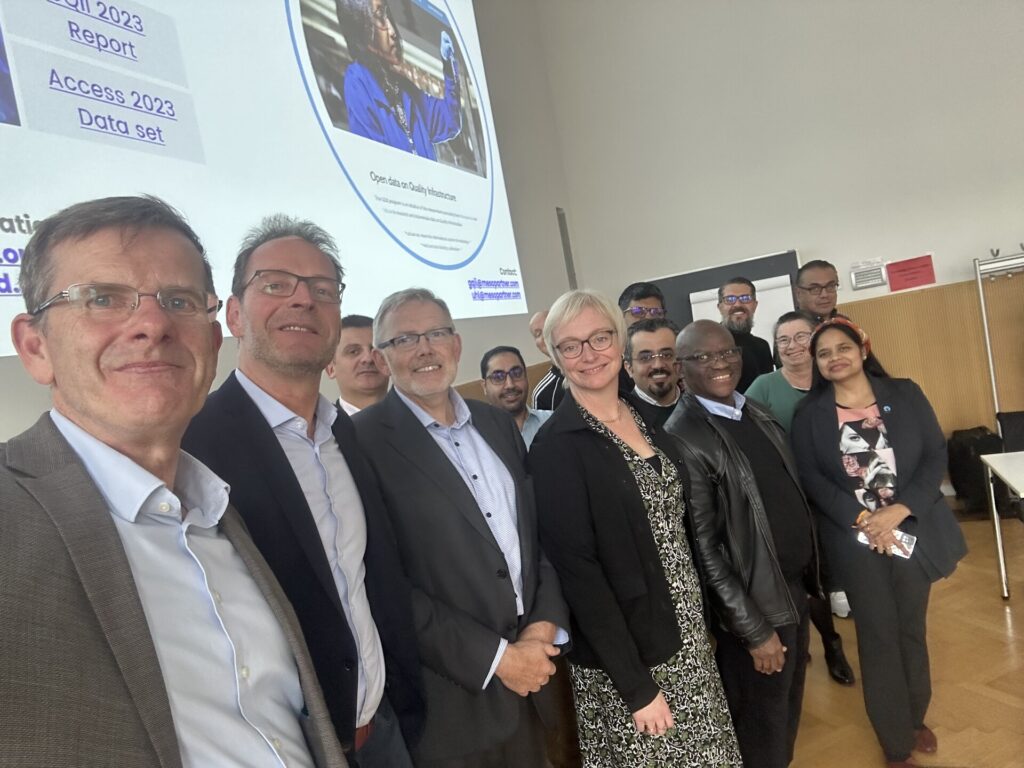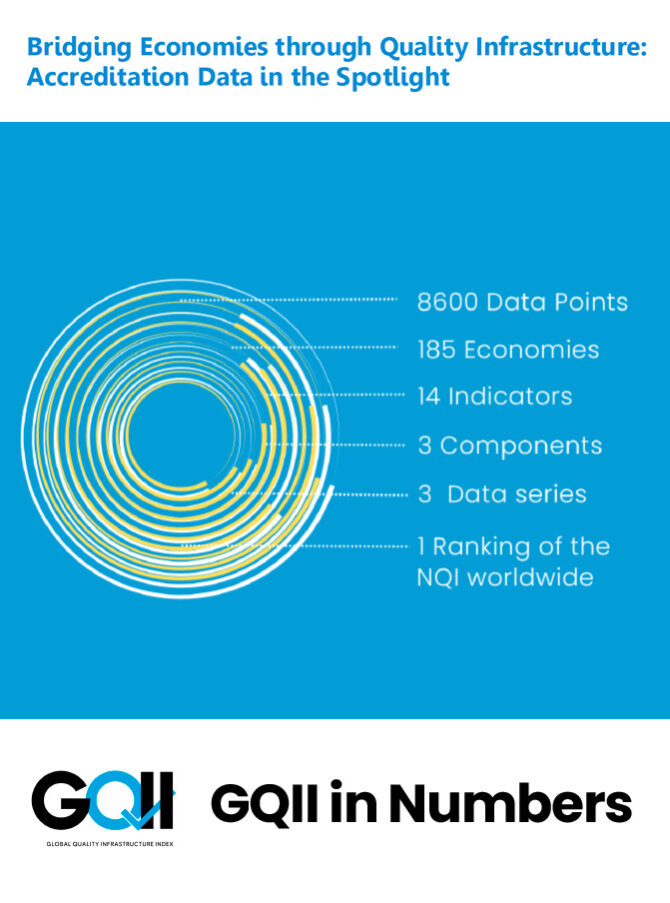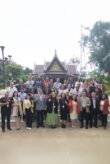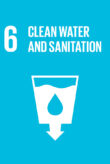In October, during the Joint Meeting of the International Accreditation Forum (IAF) and the International Laboratory Accreditation Cooperation (ILAC), a significant lecture and discussion event took place in Berlin. This event was organised by PTB, the National Metrology Institute of Germany, in collaboration with Mesopartner, a global firm specialising in economic development. It brought together accreditation body representatives from Asia, the Middle East, Europe, Latin America, and the Caribbean. Many attendees were interested in the Global Quality Infrastructure Index (GQII) programme or were partners in PTB’s international development cooperation projects, underscoring the growing global focus on quality infrastructure (QI) data.
The event was opened by Stefan Wallerath, Project Coordinator for International Cooperation at PTB, who gave an engaging introduction, recounting PTB’s long-standing history on the historic Berlin-Charlottenburg campus. Wallerath shared how PTB’s commitment to QI has evolved, particularly its increasing efforts to support QI in emerging and developing economies.

Dr Ulrich Harmes-Liedtke, a leading expert in quality infrastructure, delivered the keynote lecture, focusing on the Global Quality Infrastructure Index (GQII) as a vital tool for measuring and benchmarking the status and development of QI systems across 185 economies. One of the lecture’s key highlights was the discussion on the accreditation data that forms the backbone of this index. Harmes-Liedtke expressed his gratitude to the accreditation bodies for providing this essential data, without which accurate and up-to-date evaluations would not be possible.
The subsequent discussion round generated dynamic exchanges between participants, highlighting the importance of using the GQII ranking for international benchmarking of QI systems. Participants also deliberated on how accreditation and QI data could be further optimised. Several attendees suggested improvements for enhancing the availability, transparency, and usability of the data, particularly in light of global efforts to digitalise QI processes. Among these suggestions were the creation of time series and the sectoral or thematic disaggregation of QI data.
The event underscored the critical role of accreditation data and provided a valuable platform for dialogue on improving data collection and utilisation. As QI systems are crucial to global trade, development, and cooperation, such events contribute to strengthening international commitment to advancing accreditation and quality standards worldwide.
This successful meeting reflected the potential of collaborative efforts in improving QI data for enhanced decision-making, policy formation, and the overall fortification of quality systems globally.
Related Link:
Global Quality Infrastructure Index (GQII) Programme, https://gqii.org
Copyright © Cover picture: Mesopartner








